Tehran feeding gas into new centrifuges as countermeasure to fresh US sanctions: Iranian FM
Iran’s foreign minister says the recent decision to feed gas into cascades of new centrifuges was a response to the United States’ insane obsession with imposing new sanctions against the country.
Hossein Amir-Abdollahian said in remarks on Tuesday that the “irrational” and “insane” sanctions the US has slapped on his country will not have an adverse effect on Iran’s progress.
“I would like to point out that in response to this American action, Iran started feeding gas into hundreds of new generation centrifuges last night,” he said.
The top Iranian diplomat made it clear that the Americans will not gain any concessions in the negotiations that aim to revive the 2015 Iran nuclear agreement by imposing new sanctions.
“They need to put aside their excessive demands,” he said. “We are people of logic and dialogue and we are serious about reaching a strong agreement, but if the Americans want to continue on this path, our hands will not be tied.”
Iran and the other parties to the nuclear deal, officially called the Joint Comprehensive Plan of Action (JCPOA), have been engaged in sporadic rounds of talks since last April to revive the JCPOA by bringing the US back into the deal.
The current crisis over Iran’s nuclear program was created in May 2018, when former US president Donald Trump pulled the US out of the JCPOA and imposed tough economic sanctions against the Islamic Republic under what he called the “maximum pressure” policy.
While the Joe Biden administration agrees that the policy has failed dismally, it has not taken any tangible steps to deliver on its promise of repealing the policy, but rather, it has occasionally imposed new sanctions on Iran.
On Monday, US Treasury and State Department imposed sanctions on a total of six companies, four based in Hong Kong, one in Singapore, and one in the United Arab Emirates (UAE). The US said the firms have helped Iran sell tens of millions of dollars in oil and petrochemical products to East Asian countries.
Later in the day, Iran said it was beginning to feed gas into hundreds of advanced IR-1 and IR-6 machines after notifying the International Atomic Energy Agency (IAEA).
Behrouz Kamalvandi, the spokesman for the Atomic Energy Organization of Iran (AEOI), said the decision was made in line with “the Strategic Action to Lift Sanctions and Protect the Nation’s Rights,” a law passed by the parliament in 2020 to counter the sanctions imposed on the country over its peaceful nuclear program.
Kamalvandi said the move is also part of efforts to raise Iran’s uranium enrichment capacity to 190 thousand separative work units (SWU), which he described as the country’s minimum requirement.
He stressed that the IAEA has been notified of Iran’s decision, adding that the new centrifuges have already been installed and it will take between 10 to 15 days for 500 IR-6 machines to become operational.
“We have taken several measures in the past to increase the number of IR-6 machines to 1000 … and now we are nearing the final phases,” he said, adding that plans for launching other machines are underway.
In 2019, Iran began its retaliatory remedial measures by reducing its commitments to the 2015 deal after the European parties to the deal — France, Germany, and Britain — failed to protect Iran’s interests under the JCPOA.
Tehran began to gradually remove a cap set in the JCPOA on its nuclear activities at bi-monthly intervals. Tehran maintained that it would reverse its nuclear decision if the Iranian economy were to be shielded from sanctions.
The “Strategic Action to Lift Sanctions and Protect the Nation’s Rights” is a part of the remedial measures and a step-by-step strategy drafted by parliament to force the West into changing its policies toward Tehran.
It tasked the Iranian government to take certain nuclear measures such as increasing the level of its uranium enrichment and suspending the voluntary implementation of the Additional Protocol.
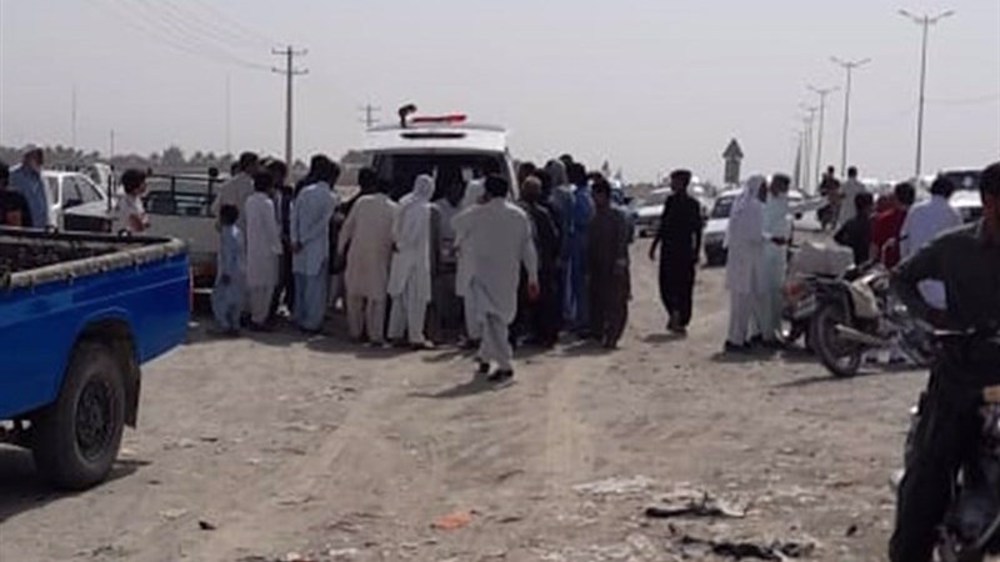
Two Basij forces killed in terrorist attack in southeastern Iran
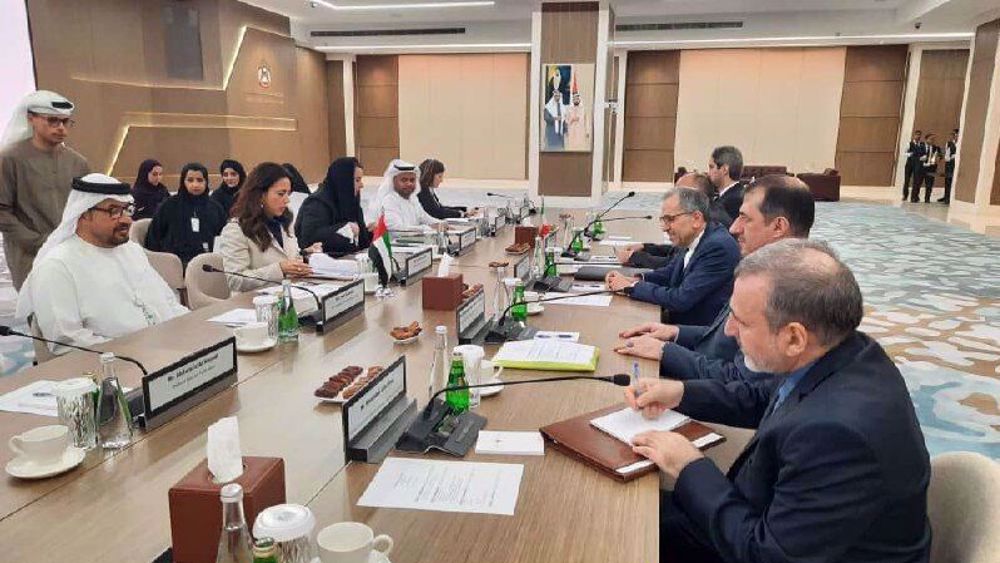
Iran ready to strengthen ties with UAE based on ‘mutual interests’: Deputy FM
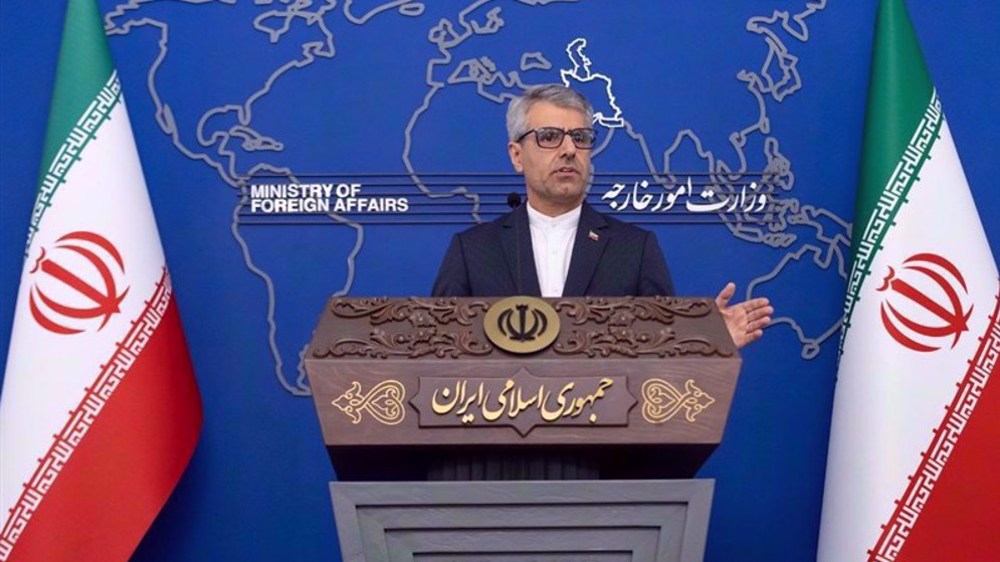
Iran remains steadfast in its ‘principled positions,’ says Foreign Ministry
Iran releases 1st video of Israeli-linked ship seized last April
Israel threatens to attack city near Syria’s capital
We won’t let Netanyahu sacrifice captives: Families
Egypt reaffirms ‘unwavering support’ for Palestinian cause ahead of emergency Arab Summit
VIDEO | Press TV's news headlines
Iran to keep current subsidized exchange rate in next year's budget
Iran will change military tactics, techniques based on threats: Top Cmdr.
Israeli bulldozers demolish homes in West Bank; Hamas urges UN to stop 'war crimes'


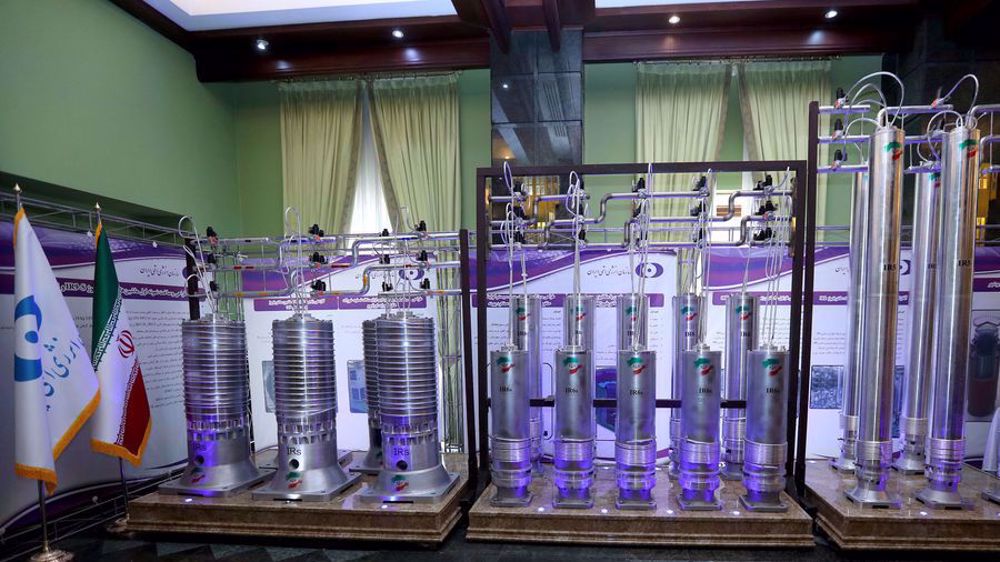



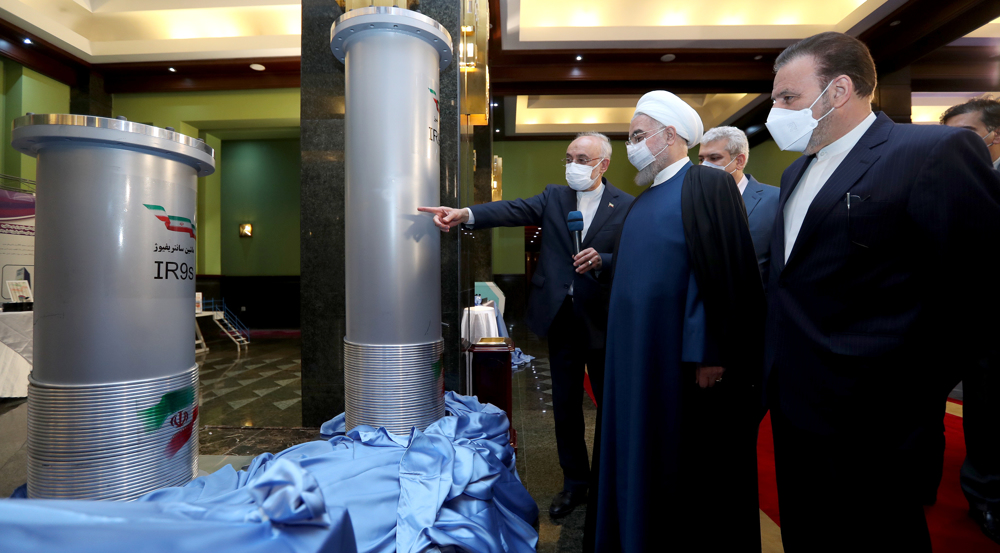
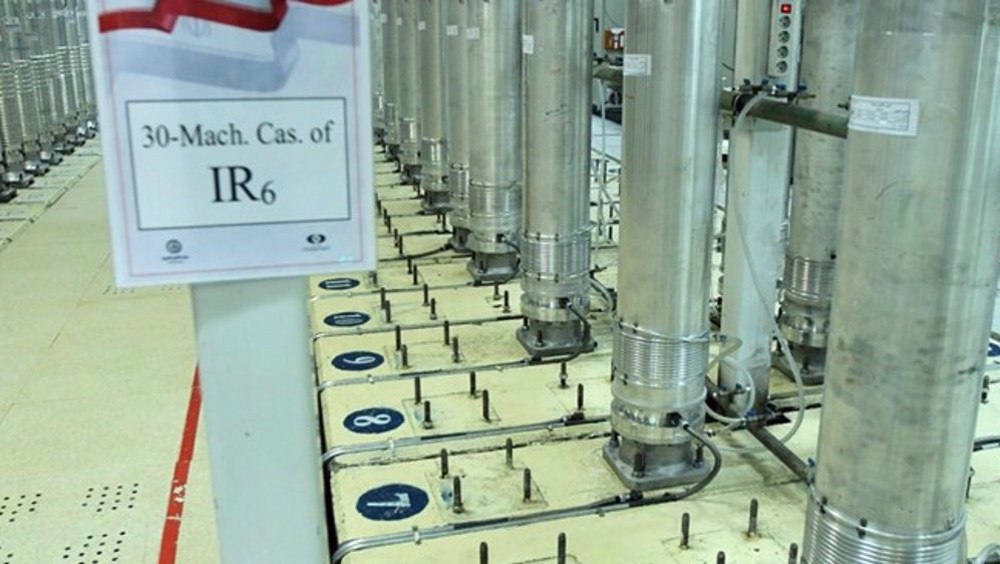
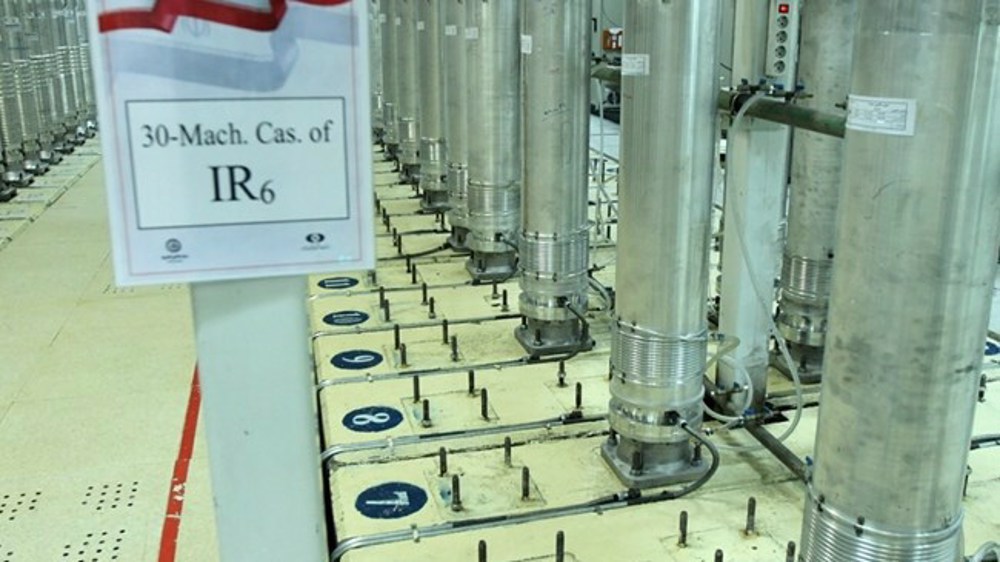
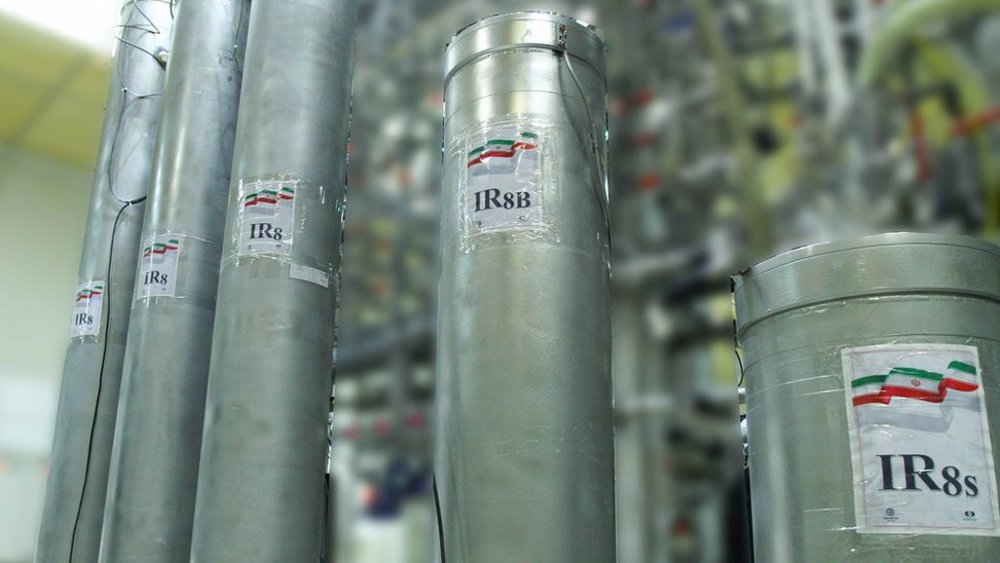

 This makes it easy to access the Press TV website
This makes it easy to access the Press TV website